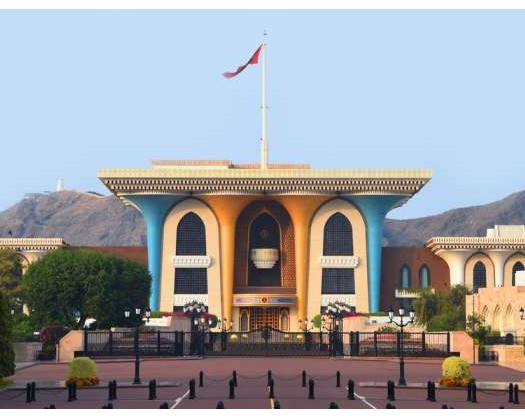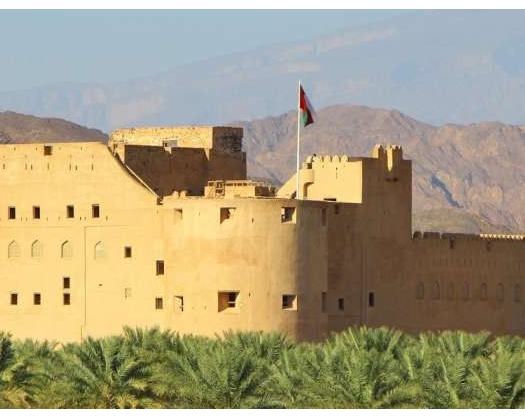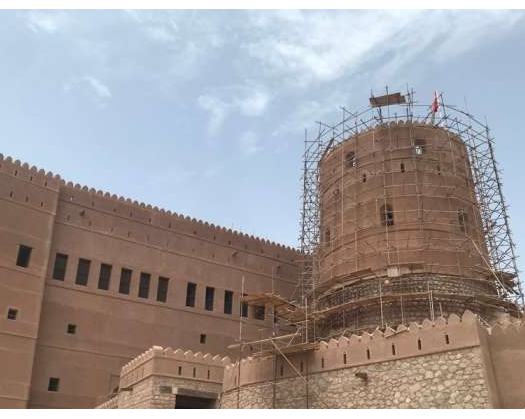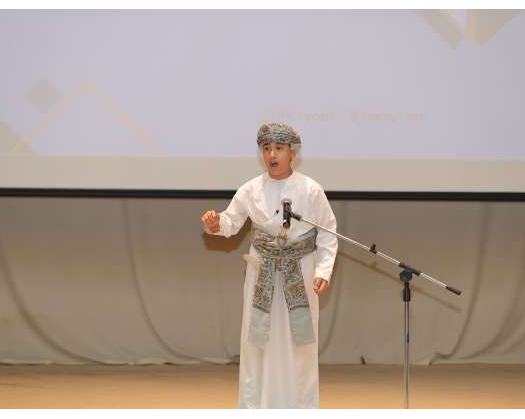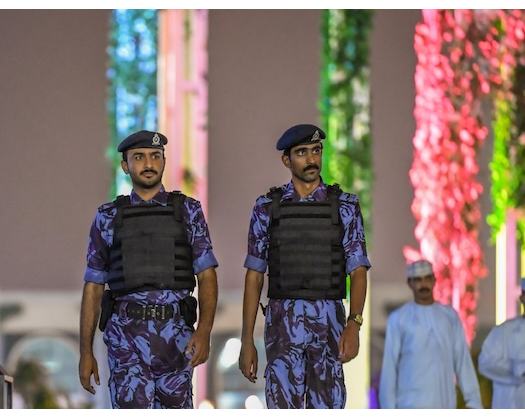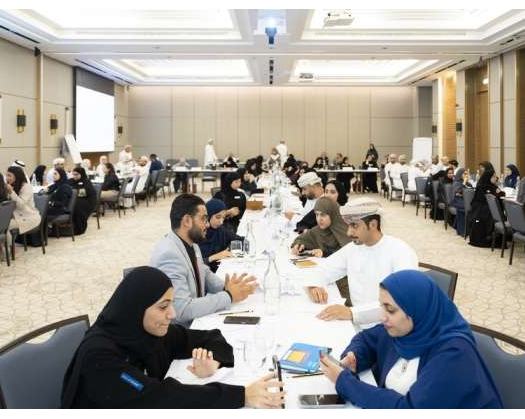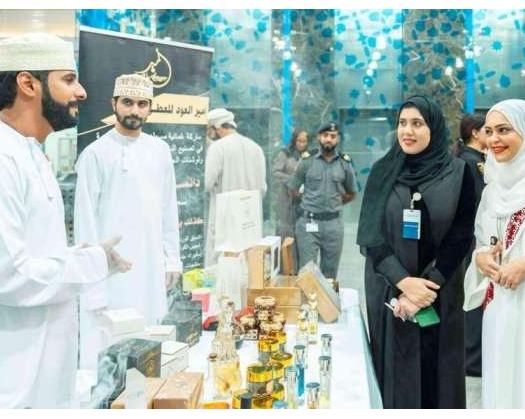Muscat: On Sunday, the Sultanate of Oman began a succession of diplomatic meetings geared at lowering increased regional tensions. These tensions originate from Israel's recent military assaults on Iranian soil, as well as its continuing offensive in Gaza.
In a significant step, His Excellency Sayyid Badr Al Busaidi, Oman's Foreign Minister, held a high-level meeting in Muscat with his German colleague during the latter's official visit. Their conversations focused on the escalating regional crisis, with particular attention to Israel's strikes on vital Iranian infrastructure, which have reportedly resulted in several fatalities, as well as the ongoing violence and destruction in Gaza.
Both ministers stressed the critical necessity to respect international law, stop breaches of national sovereignty, and renew support for a two-state solution. The talks stressed the need of expanding international acknowledgment of the Palestinian state and strengthening diplomatic routes as the sole realistic path to regional stability.
Simultaneously, AlBusaidi made intensive phone calls to foreign ministers of allied and friendly countries, urging them to coordinate their legal and political efforts to stop Israel's activities. These activities demonstrate Oman's steadfast commitment to supporting peace, justice, and international law.
Oman's proactive diplomacy highlights the country's long-standing dedication to conflict resolution through reasoned dialogue and multilateral cooperation, with the goal of preserving regional peace, global stability, and shared prosperity.
Oman's Sultanate is continuing its active diplomatic efforts to curb the unprecedented surge provoked by Israel's military action against Iran, which has considerably increased regional tensions. Oman reiterated its unwavering opposition to military escalation and the infringement of national sovereignty, stressing that the only acceptable way to resolve the situation is through a sincere return to diplomacy. It sought a equitable agreement that would prevent a catastrophic outcome with global ramifications.
In this context, Oman's Foreign Minister, H. E. Sayyid Badr bin Hamad alBusaidi, conducted telephone talks with his Russian and Chinese counterparts as part of a more extensive range of connections with brotherly and friendly countries. The conversations underscored the critical need for an immediate cessation of hostilities.
The ministers agreed that Israel is the aggressor and that it is in violation of the UN Charter by obstructing peace initiatives, including US-Iranian discussions aimed at preventing nuclear proliferation. All participants agreed that a military solution is ineffective and that an early ceasefire is critical to returning to the negotiating table, specifically to address the nuclear issue and ensure stability and peace.
During his conversation with the Russian Foreign Minister, both parties affirmed that the current extraordinary escalation contravenes the UN Charter. They reiterated their demands for an immediate cessation of hostilities, a stop to expansion, and abstention from nuclear installations or the risk of radiation dispersal.
The Russian Minister expressed strong gratitude for Oman's mediation efforts, affirming the Russian Federation's support for diplomatic talks and political solutions, and emphasizing their importance in maintaining international peace and security.
Separately, Chinese Foreign Minister Wang Yi expressed similar views, stating that the nuclear problem cannot be resolved without the framework of diplomacy. He termed the Israeli assaults on Iranian territory as a flagrant violation of the UN Charter and international law.
He also supported Oman’s position, commending its ongoing pursuit of peace and efforts to promote dialogue.

